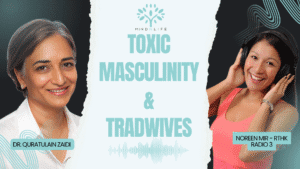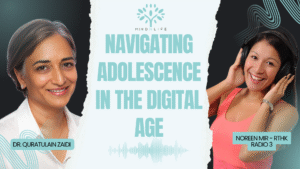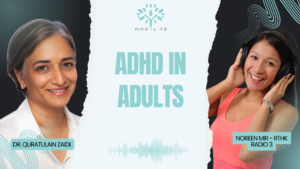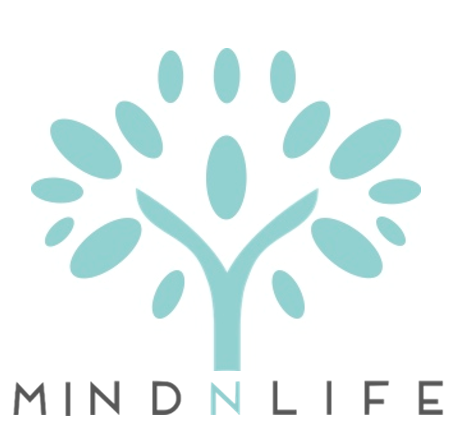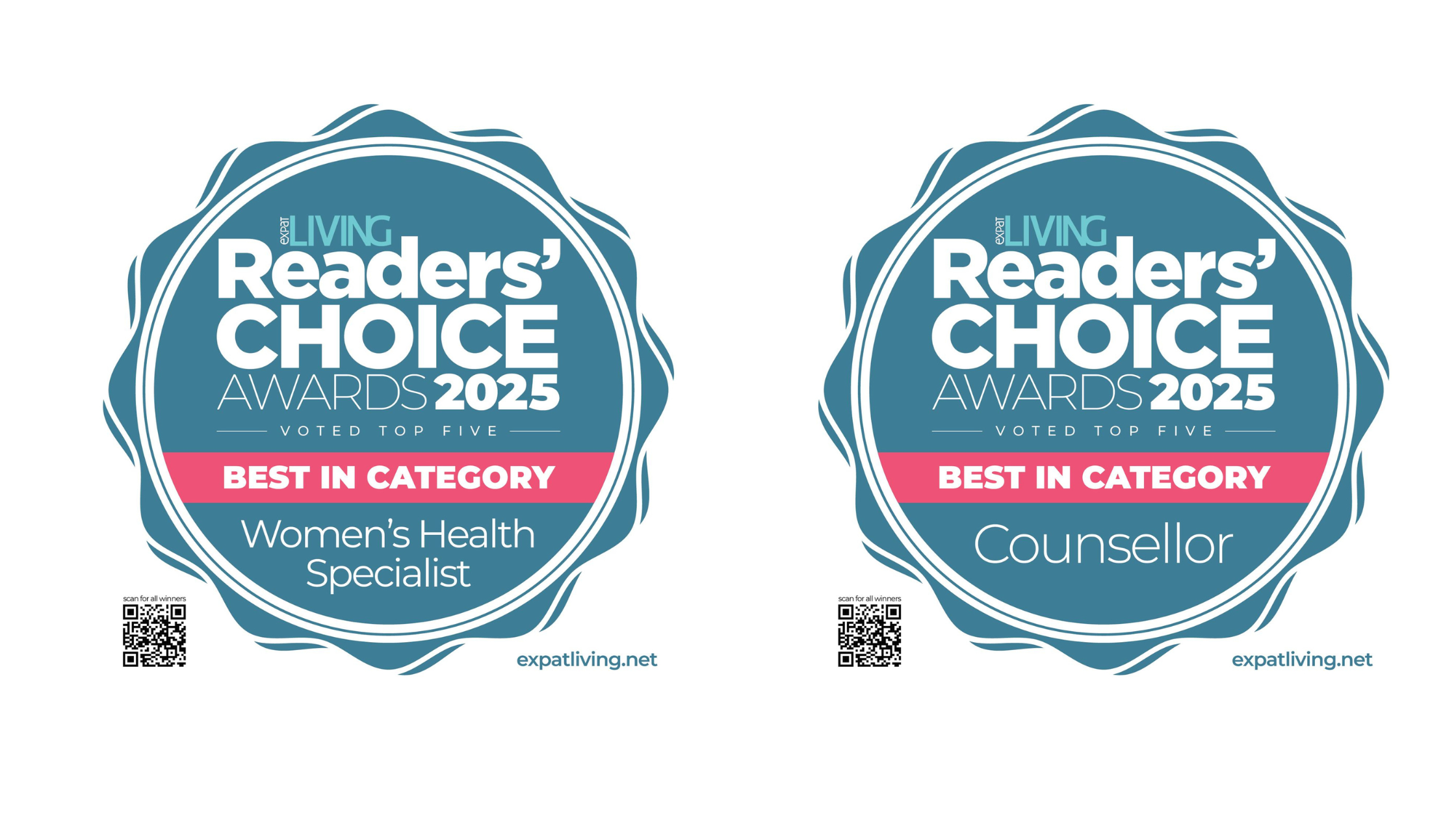Trauma is our reaction to deeply distressing incidents that overwhelm our coping capabilities. Trauma impacts us at four levels: emotional, cognitive, physical, and behavioural. More specifically if we are violently attacked by someone in the street, we may feel frightened thinking the world is unsafe, get a rush of adrenaline, and have the desire to flee. These same responses may be triggered again and again, even after the traumatic incident is over and we are safe – for example, when we see someone of similar appearance walk toward us, or if we walk along the same street.
Often, traumatic experiences can be difficult to process fully due to the level of distress they trigger within us. When they remain unprocessed, we may experience symptoms of post-traumatic stress that significantly interfere with our wellbeing. Such symptoms can show up directly, for example in flashbacks or nightmares, and indirectly, for example decreasing our self-esteem in ways that impact our work or relationships.
There are two types of traumas: Big T Trauma , and Little T Trauma . Both can trigger symptoms and have persistent negative effects on our well-being. Big T Trauma refers to direct or indirect exposure to perceived life-threatening situations, such as violent attacks, sexual assault, accidents, natural disasters, or war. These are incidents that we commonly associate with the word trauma. Little t trauma refers to other types of overwhelming experiences that often threaten our sense of safety. These can include verbal abuse, bullying, loss of a loved one, divorce, financial ruin, or other significant life challenges.
Trauma-focused therapy can help to process traumatic incidents in a healthy way and reduce symptoms of Big T Trauma and little t trauma. It does so by addressing all four elements of trauma: feelings, thoughts, body, and behaviours, and helping people to create meaning from the traumatic event in ways that make sense to them.
Written by Dr Esslin Terrighena.
To find out more about how trauma therapy can help you, book a consultation on (852) 2521 4668 or [email protected].


